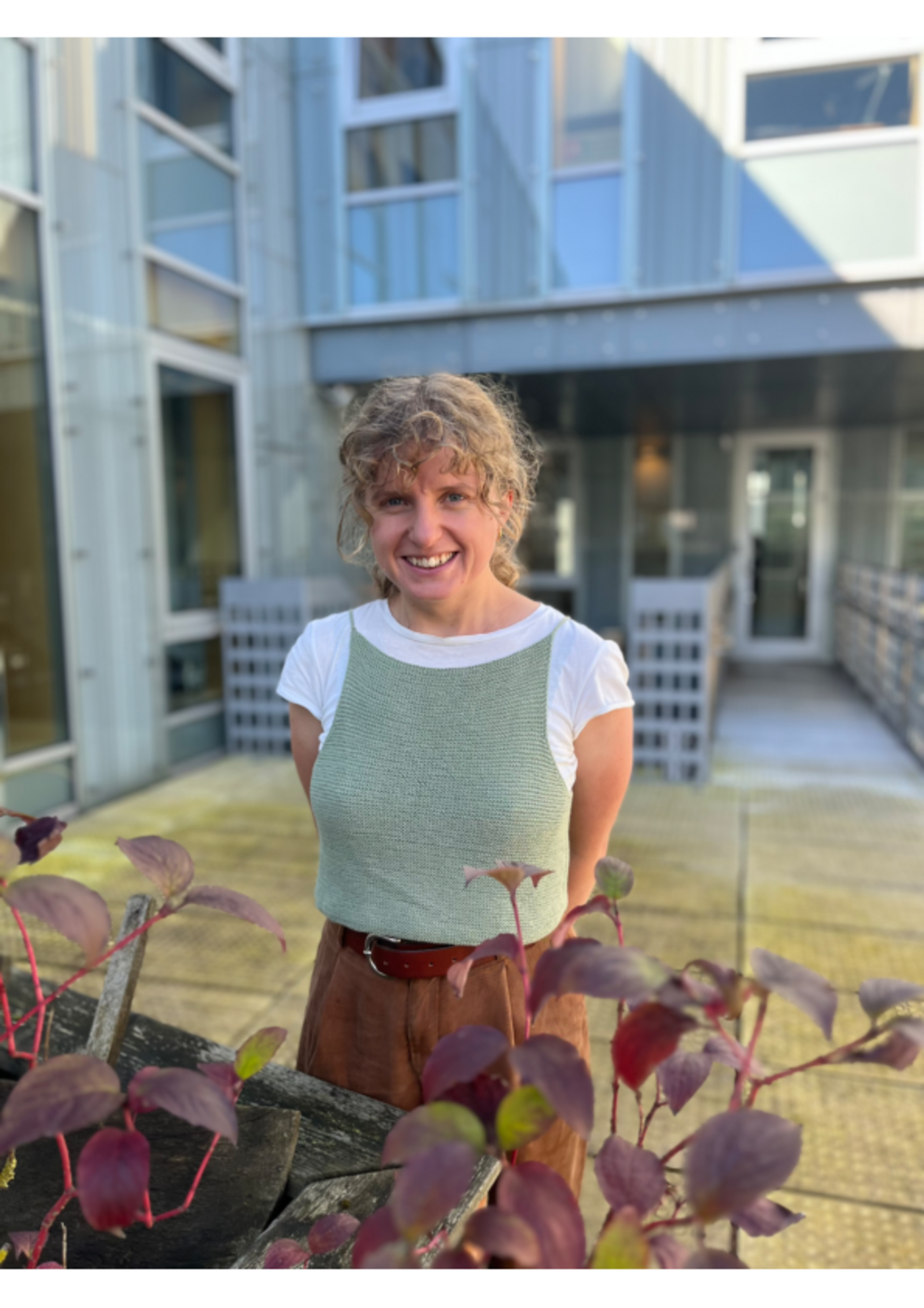PhD Defence MSc Astrid Benedikte Meyer: Scattered Safety: Working with Surveillance in Dementia Care

Info about event
Time
Location
Peter Bøgh Andersen auditorium, Room 5335-016, Finlandsgade 21, 8200 Aarhus N
Assessment Committee
• Professor Nete Schwennesen, Roskilde University
• Professor Jeannette Pols, University of Amsterdam
• Associate professor Finn Olesen, Aarhus University (chair)
Supervisors
• Professor Anders Albrechtslund, Depart-ment of Digital Design and Information Studies, Aarhus University
• Associate professor Christian Dindler, De-partment of Digital Design and Infor-mation Studies, Aarhus University
• Chief Research Analyst Stinne Aaløkke Ballegaard, VIVE The Danish Center for Social Science Research
The dissertation will be available for reading in a digital version before the defence following a statement from the borrower promising to delete the file afterwards. If you wish to read the dissertation please contact Astrid Meyer asme@cc.au.dk
The defence is scheduled for three hours and is open to the public. All are welcome.
Abstract:
Surveillance technologies that monitor the movements of people with dementia are increasingly used in care work. Based on a collaboration with practitioners who rely on surveillance technologies in their everyday work, and long-term ethnographic fieldwork in public Danish dementia care, I explore how surveillance technologies are used, what care practices they make possible, and what challenges they spur along the way. Furthermore, I also organised workshops with care workers where we came up with ways to address the challenges of using surveillance technologies in dementia care. Overall, the thesis suggests that surveillance technologies in dementia care are tightly linked to a desire for increased safety. I put the notion of scattered safety forward to describe how surveillance technologies result in a type of safety that is disconnected, reliant on interpretation and spread out over various time scales. I argue that this scatteredness is both a positive, desired quality and a limitation in dementia care work. Building on this understanding of surveillance and safety, I combine a practice-oriented and research-based approach to explore surveillance as a care practice. In doing so, I have integrated research findings into tools for practices in ways that will help carers and decision-makers reflect on and work with surveillance technologies in everyday care situations.
